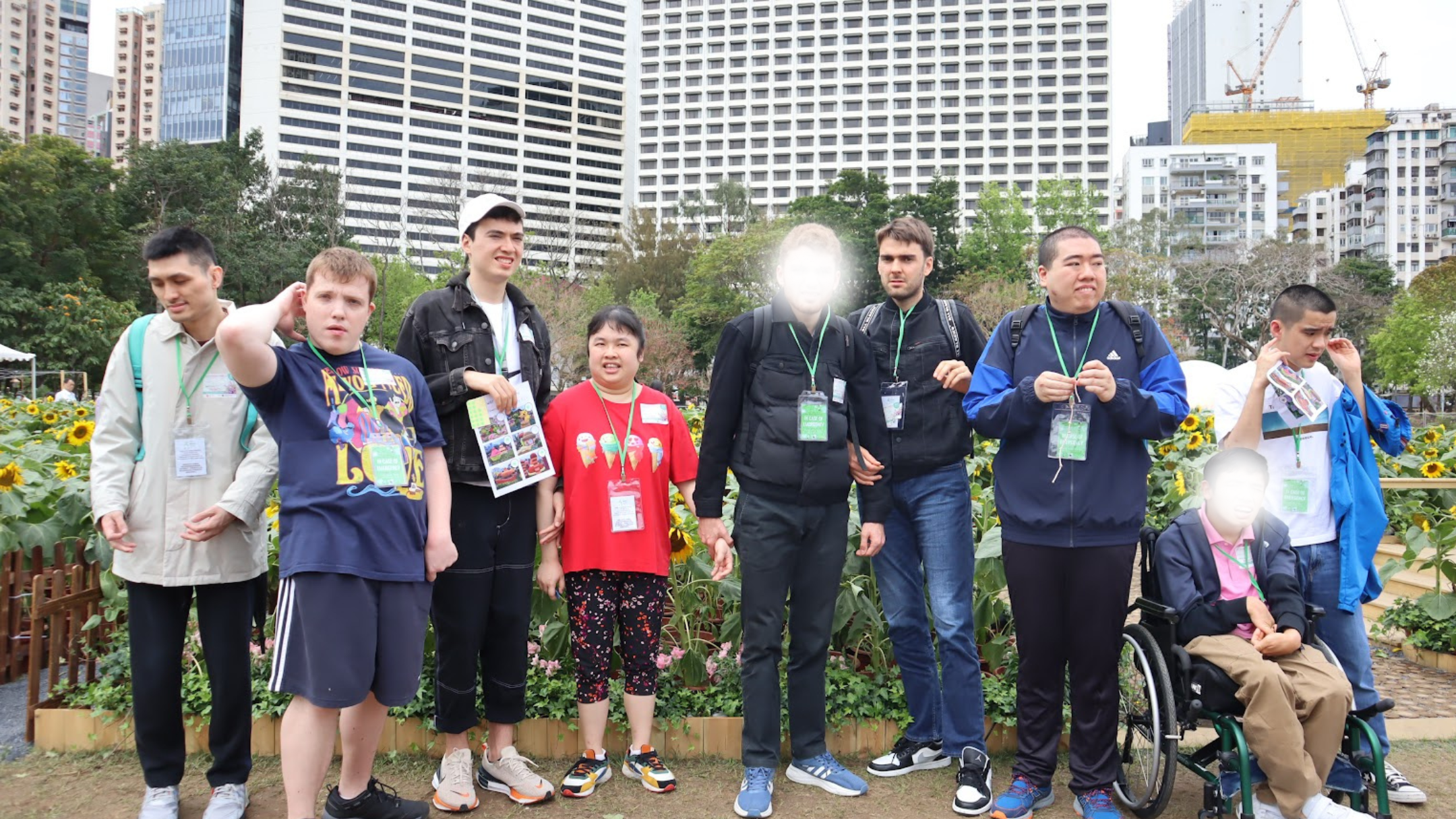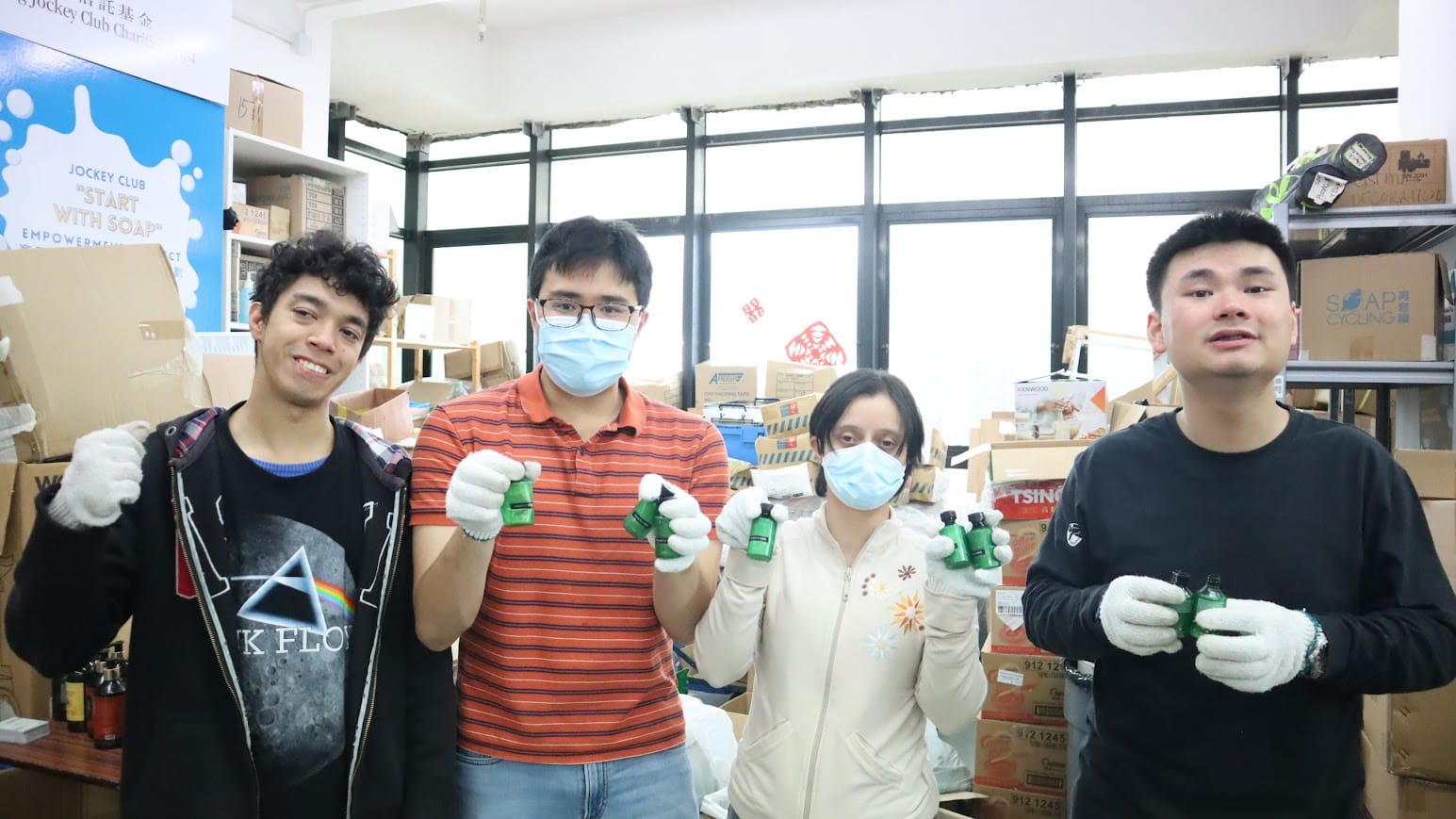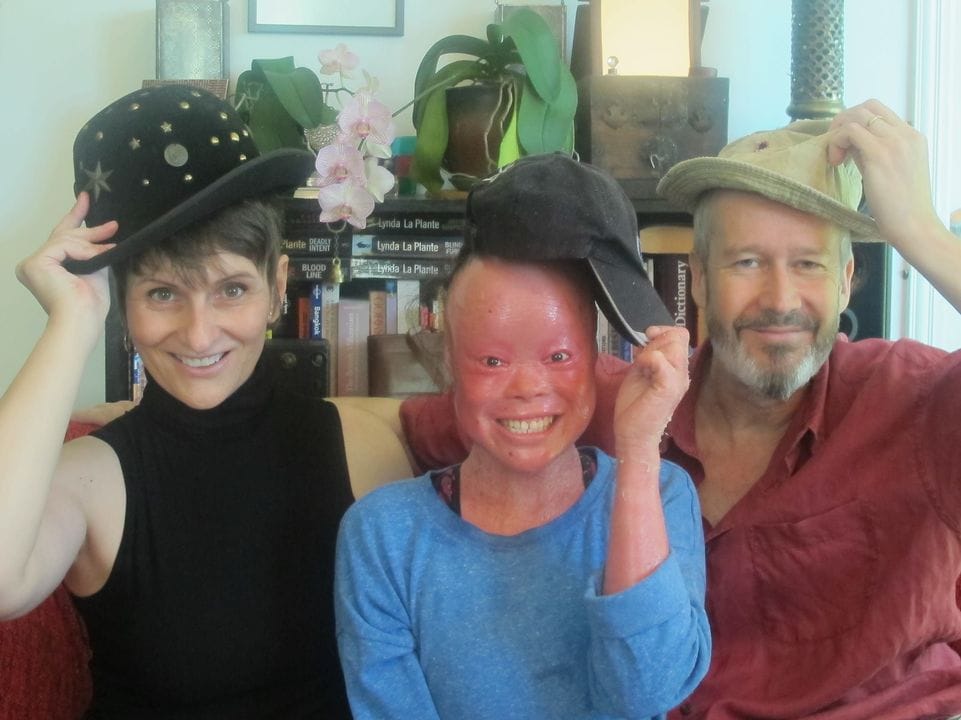How The Nesbitt Centre is empowering the disabled and neurodiverse in Hong Kong

Standing strong for 30 years, The Nesbitt Centre (TNC) has championed specialized educational programs and services for young adults with learning disabilities across Hong Kong. “Our vision is to take a holistic approach to creating a more inclusive Hong Kong,” says Gabriel Lai, Head of Special Educational Needs at TNC.
Through this holistic approach, TNC supports, empowers and guides students towards a path of self-sufficiency. “Our holistic education develops social, emotional and physical capabilities,” explains Lai, describing TNC’s mission as a “strengths based approach” that fosters an environment where students can build independence, self-care and self-determination.
TMS sat down with Lai to learn more about the creation of TNC, its initiatives, successes and more.
The journey of The Nesbitt Centre

Founder David Nesbitt, motivated by his daughter's own situation, initially established TNC to create opportunities and services for young adults with disabilities and their families in Hong Kong.
“What began as a single recreational center providing day-to-day services has evolved into one of Hong Kong’s truly inclusive further educational centers,” says Lai. In the beginning of its journey, TNC focused its efforts on providing everyday recreational opportunities for the disabled and neurodiverse community in the city.
“TNC's founding vision was to pioneer personalized special education programs fostering lifelong learning and helping students with autism, learning disabilities and unique abilities reach their full potential,” Lai explains. But, “the inevitable reality of aging parents and/or their own declining health had brought up the looming question: Who will continue to support and advocate for my child?”
With this came the blueprint for the Preparation for Life program formed in 2002, which forges a path to social communication, self-management, life and vocational skills for its members. By providing an environment that fosters independence, allowing individuals to hone and expand their personal skills, the next step came into view – employment. But TNC found there was a lack of inclusive workplaces in the city. “This was what led to the push for TNC’s newest vision: making Hong Kong a more inclusive society,” says Lai.

“In Hong Kong, there is an opportunity to move from the medical model which views disability as a problem to be ‘fixed,’ towards a more progressive social model that focuses on dismantling societal barriers,” says Lai. TNC saw the need for a push for empowerment and a changed perspective. Traditional workplaces can be slow to accommodate individuals with diverse needs, whether it's because of inflexible policies, outdated infrastructure or a rigid workplace culture. “The focus tends to be on conformity rather than inclusion,” says Lai.
TNC began collaborating with local businesses and government departments, paving the way for one of Hong Kong’s first inclusive employment opportunities. These efforts, championed by Dr. Surinder Punjya (The Executive Director of TNC), led to the creation of TNC’s social enterprises: Cafe 8, The Nest Cafes and The Nest Bakery, located in Central, Jordan and Chai Wan. “At The Nesbitt Centre, our mission is to enhance the quality of life, promote long-term independence, and foster self-determination,” says Lai. These enterprises provide meaningful employment opportunities for individuals with neurodiverse backgrounds, with over 50% of the staff coming from this community.
A strengths-based approach to inclusivity

By embracing both the social and human rights-based model, TNC is actively working to dismantle the societal barriers faced by those with disabilities. The organization's focus is on inclusion, not conformity. “These models shift the focus on the strengths of the individual,” says Lai, “of what they can do rather than what they cannot yet.”
“At The Nesbitt Centre, our mission is to enhance the quality of life, promote long-term independence, and foster self-determination,” says Lai. By developing personalized programs tailored to learners’ strengths, TNC ensures that their students not only gain independence but also thrive in work environments that recognize their potential.
Empowerment comes from full participation – challenging and dismembering the existing stigma surrounding disabilities. “TNC aims to enable its learners to be the best version of themselves,” says Lai. “We start by identifying the unique strengths, interests and abilities of each participant, and then design activities that build upon these assets.”
Click here to read the full interview.
Enjoying our newsletter?
Forward it to a friend! After all, sharing is caring.
Anything else? Hit reply to send us feedback or say hello. We don't bite!
Written and put together by Christine Dulion, Elize Lanorias and Krystal Lai.










